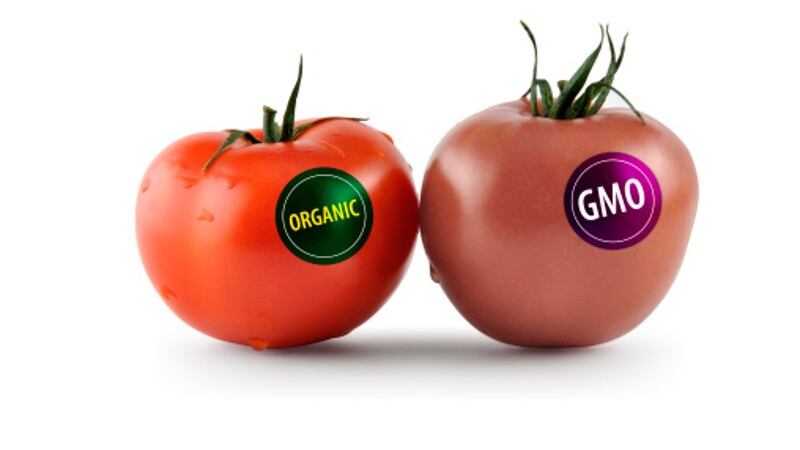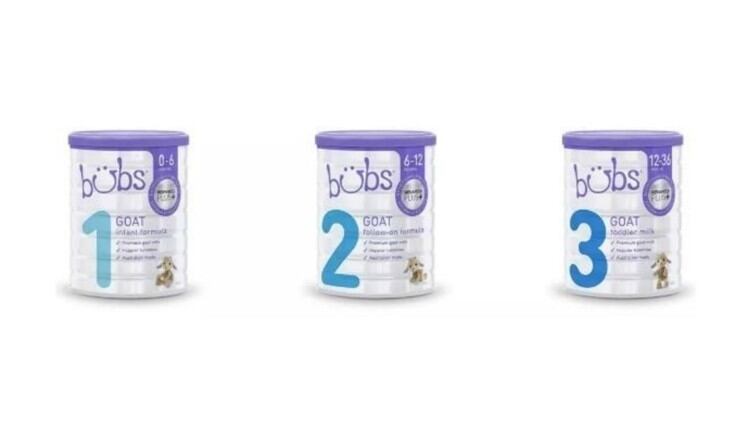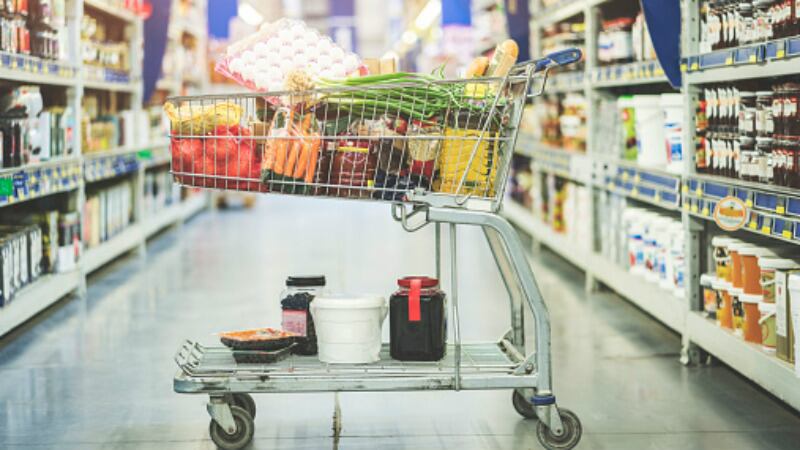The health and wellness trend has been constantly on the rise in the food and beverage sector over the past few years, accelerated even more since the COVID-19 pandemic hit in 2020.
Moving into 2023, industry experts are confident that this trend will continue to guide consumer purchasing decisions, with particular emphasis on the clean label and positive nutrition claims that are drawing great interest especially in larger markets.
“A recent survey has shown that almost 60% of consumers in Asia put great import on clean label products, saying that this has a fair to great deal of influence on their buying decisions,” Innova Markets Team Manager Insights and Innovation Nicole Jansen said at the recent Fi Asia-Vitafoods event in Bangkok, Thailand.
“Within this, the fastest growing clean label claims in the region are claims that the product is natural (11%), that there are no added additives or preservatives (9%) and that it is GMO-free (5%).
“This is particularly important in large markets in Asia as we also found that consumers in these markets are the most likely to check product labels, i.e. India (77%), Indonesia (69%) and China (69%) all showed scores above the global average of 58%.
“The clean label trend has evolved a fair bit over the past few years, going from the initial natural and additive free requirements to also being minimally processed, having a short ingredients list, providing transparency in the supply chain and also being ethical in its production – and this is likely to continue in the near future.”
In addition to clean label, Jansen added that positive nutrition claims, or what is dubbed ‘reductionism’ i.e. the reduction of ‘bad stuff’ such as sugar, fat and salt, will also be very important when it comes to driving consumer purchasing decisions.
“Consumers want products that are low in ingredients they consider unhealthy, and these can range from sugar to salt to fat to gluten – 20% of consumers in Asia listed this as a top priority in healthy food and beverage selection,” she said.
“We also found that sugar reduction is top of mind for most consumers at -41%, followed by fat reduction at -39% and salt reduction at -31%, and overall about 30% of all consumers in the region have been reducing their consumption of these ingredients.
“Food firms in the region have already started taking notice, and this can be seen via the new product launches of late – overall nearly 20% of all new F&B product launches in APAC focus on reduction claims, e.g. there have been an extra 17% of products with sugar reduction claims, 12% of products with low/no/reduced sodium claims, and 16% of products with fat reduction claims launched.”
Jansen also believes that all of this focus on health and wellness bodes well for one category in particular, which is plant-based products.
“Products with plant-based claims have grown by an astounding 73% between 2017 and 2022 across various markets in APAC, and both this and our on-the-ground surveys have determined that although this market is not yet at full strength, the growth is still going strong so this is still considered a major trend here,” she said.
“Health and wellness is the sector’s key driver, and we do believe that as it evolves it will soon branch off to become its own standalone segment.”
More focus to come
Over the next 12 months, APAC consumers are likely to place even more focus on food and beverage products for health and wellness, so Jansen believes the prospects for this sector are overwhelmingly positive.
“Another survey on consumers in Asia revealed that 71% intend to increase spending on their health and wellbeing over the next 12 months,” she said.
“So health is going to remain super high on the agenda, and this will drive further market growth and innovation.
“One of the main evolutions expected out of this is for the current ‘health vs indulgence’ debate to find a sweet spot out of all this innovation – as it is 50% of all consumers have stated that they would choose the healthier alternative when looking for an indulgent treat, and we see that innovation in terms of adding health claims to indulgent foods or adding indulgence claims to health foods will be key to the evolution of this sector.”




